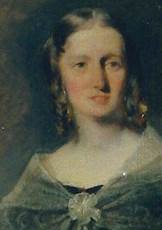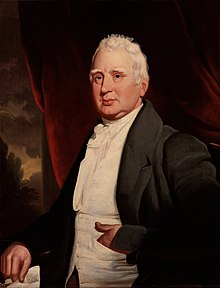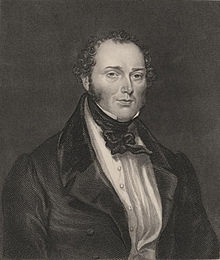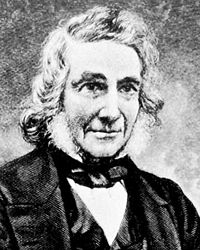Radicals and Chartists
Formally, Chartism dates from 1838 when the People’s Charter was published by those demanding electoral reform, however, the term is also used loosely to cover the early 19th century radicals from whom the Chartists were drawn.
Conditions in the 1820s generated a great deal of social turbulence: brutal treatment of the working population; hopes raised by the French Revolution then quenched by fear of the Terror; a country impoverished by the Napoleonic Wars; suppression of popular agitation by the military (e.g. Peterloo, 1819); suppression of free speech and protest by the “Six Acts” of 1819, along with raised stamp duty on newspapers.
The plight of the working class began to shape political thinking, although it had no coherent voice until Chartism. Conditions were so bad that even the mainly Tory governments of the 1820s introduced many social reforms, in particular to rein in the savagery of the criminal law.
By the end of the decade, when Edward Lloyd entered the working world, electoral reform had gone to the top of the radicals’ agenda. Hopes rose when a Liberal government with a mandate for reform took over. However, blocked by the House of Lords and only pushed through by regal intervention, the Reform Act 1832 disappointed. Suffrage still depended on a man’s holding property valued at £10 a year. This naturally excluded the working classes who shared over-crowded slums. Any solidarity that had grown up between them and the lower middle classes was destroyed.
The People's Charter, drawn up by a committee of six MPs and six working men, was published in 1838 and demanded:
- universal voting for all adult men of sound mind not serving a prison sentence
- a secret ballot
- no property qualification for MPs
- payment of MPs
- equal-sized constituencies
- annual elections (to stop bribery and intimidation)
Chartism soon became a mass working class movement. In 1839, a petition signed by 1,300,000 people, was presented to the House of Commons, which refused to hear it. A second petition was presented and rejected in 1842.
Several disastrous protests and strikes followed both petitions, with loss of life, treason trials and deportations. The only outright victory scored by the Chartists was the election of Feargus O’Connor to Parliament.
In 1848, revolutions in mainland Europe emboldened the Chartists. Massive demonstrations were held but the 6 million-strong petition to Parliament was not only rejected but discredited. The movement continued for some years but gradually lost its nationwide following.
Universal adult suffrage remained elusive for another 80 years. The vote was extended to some working men in 1867 under a Tory government. The property qualification was abolished in 1918 (Liberal), but women were only treated equally after 1928 (Tory). An Act provided for the secret ballot — a fiction to this day — in 1872 and MPs were paid from 1911 (both Liberal).
Foremost among Chartist publishers were Henry Hetherington (Poor Man’s Guardian), Feargus O’Connor (Northern Star), William Cobbett (The Champion), William Lovett (The Charter), James Watson (Working Man’s Friend), John Cleave (Weekly Police Gazette), Ernest Jones and George Julian Harney (The Friend of the People), Thomas Cooper (Illuminator, Extinguisher) and Bronterre O’Brien (Southern Star, Northern Liberator).
Neither Lloyd nor his occasional associates like George Purkess are on the record in connection with Chartism. By contrast, his contemporary and to some extent his rival, G.W.M. Reynolds, took an active part in the 1848 Chartist action.





.jpg)